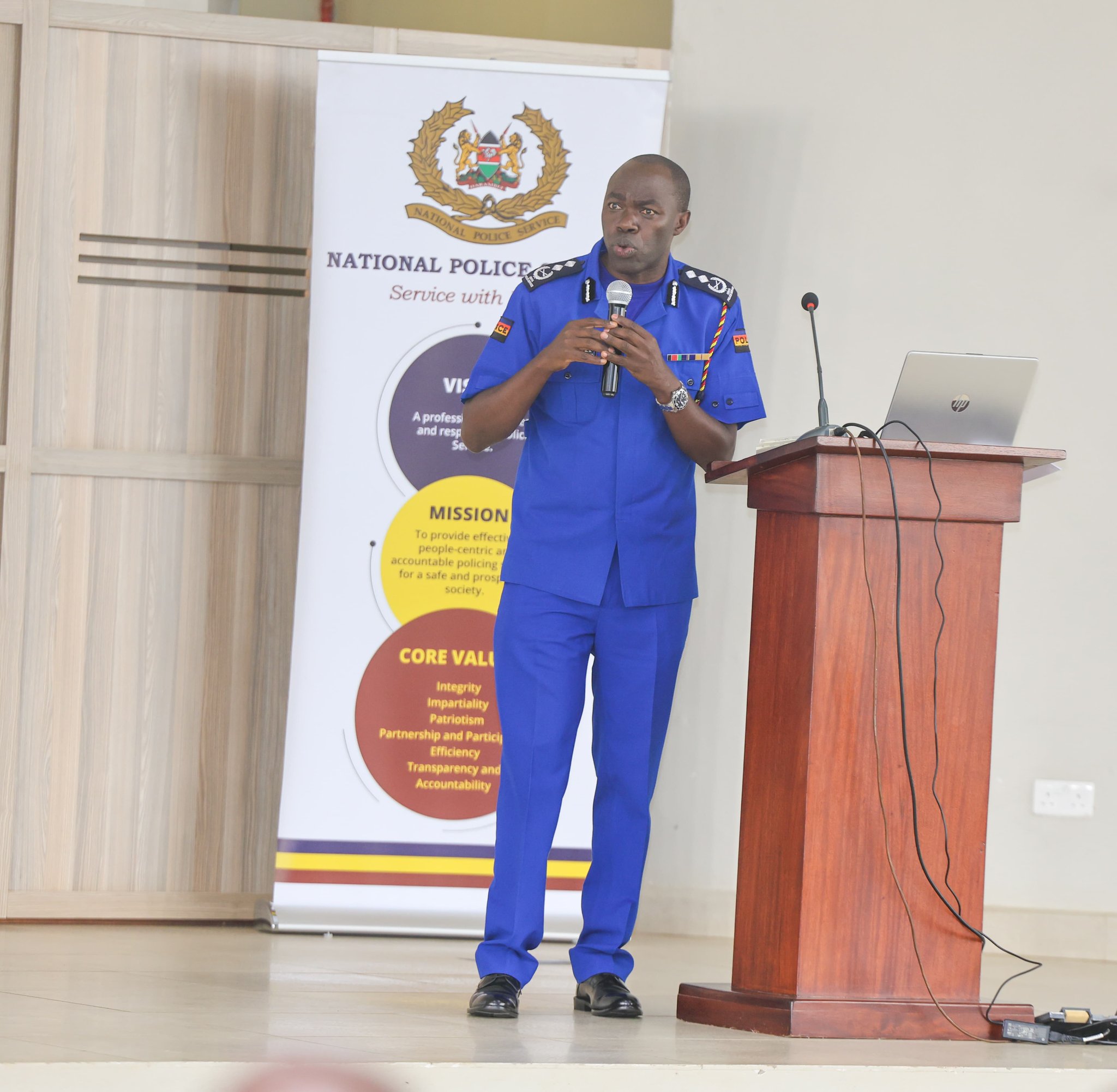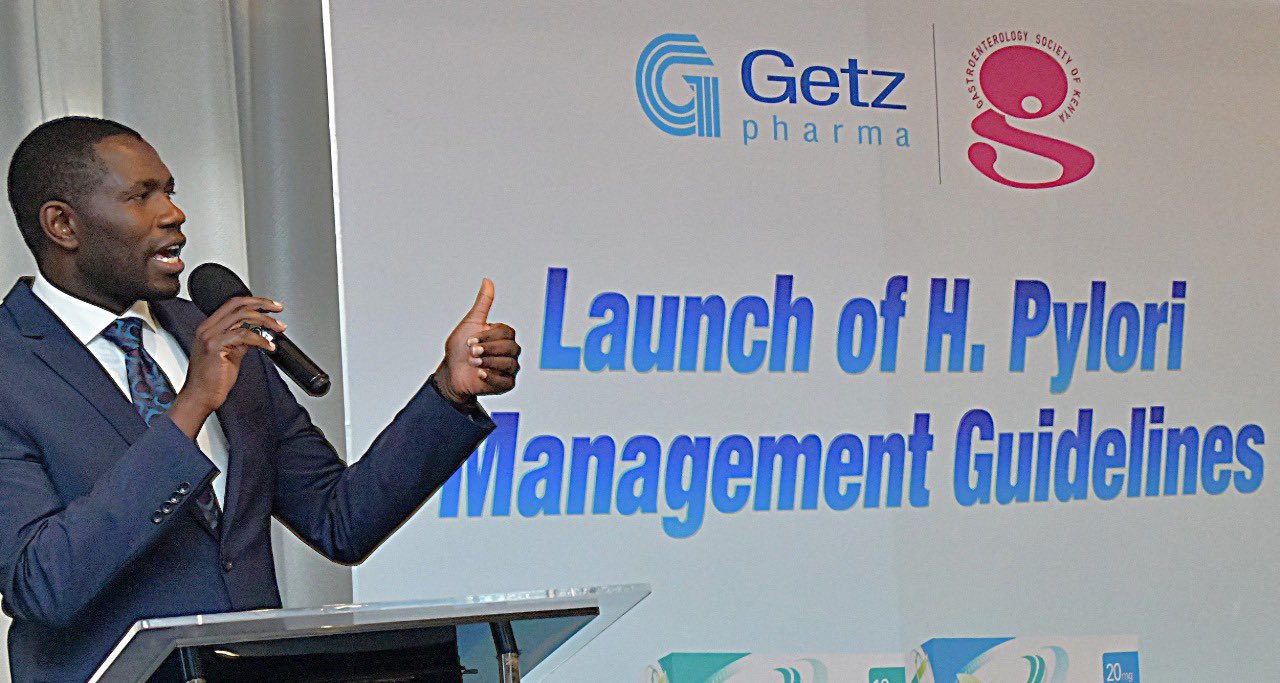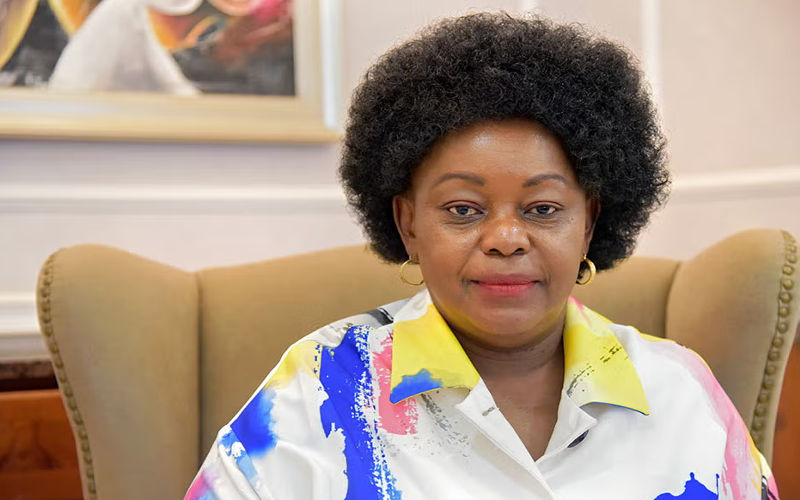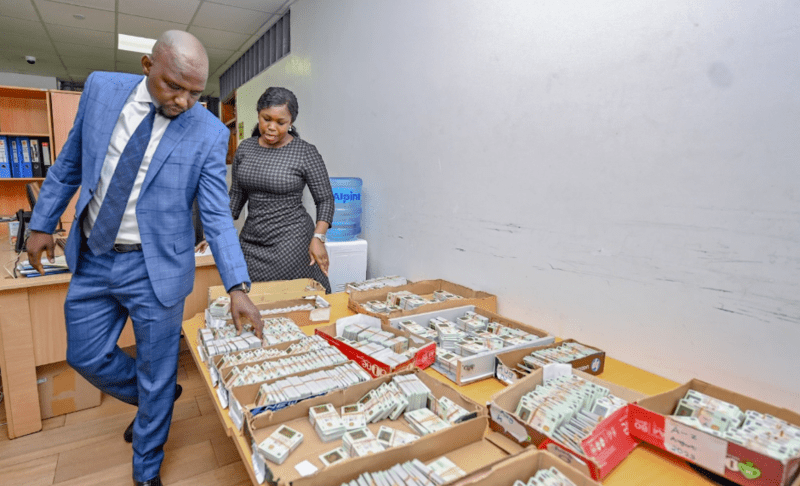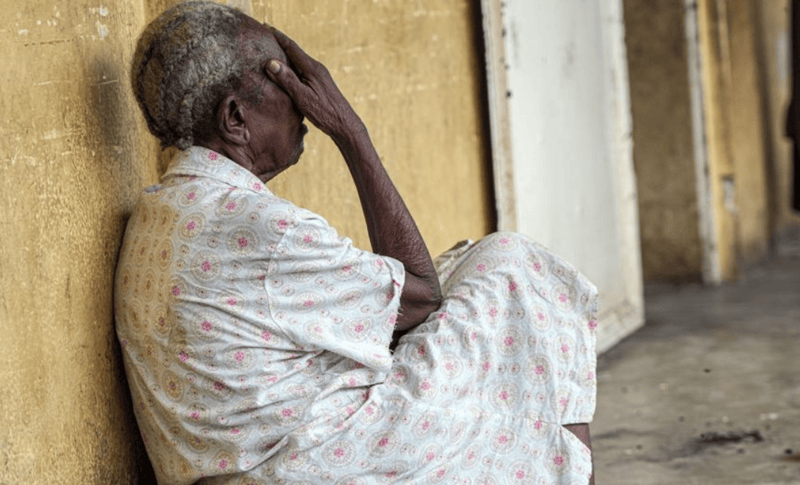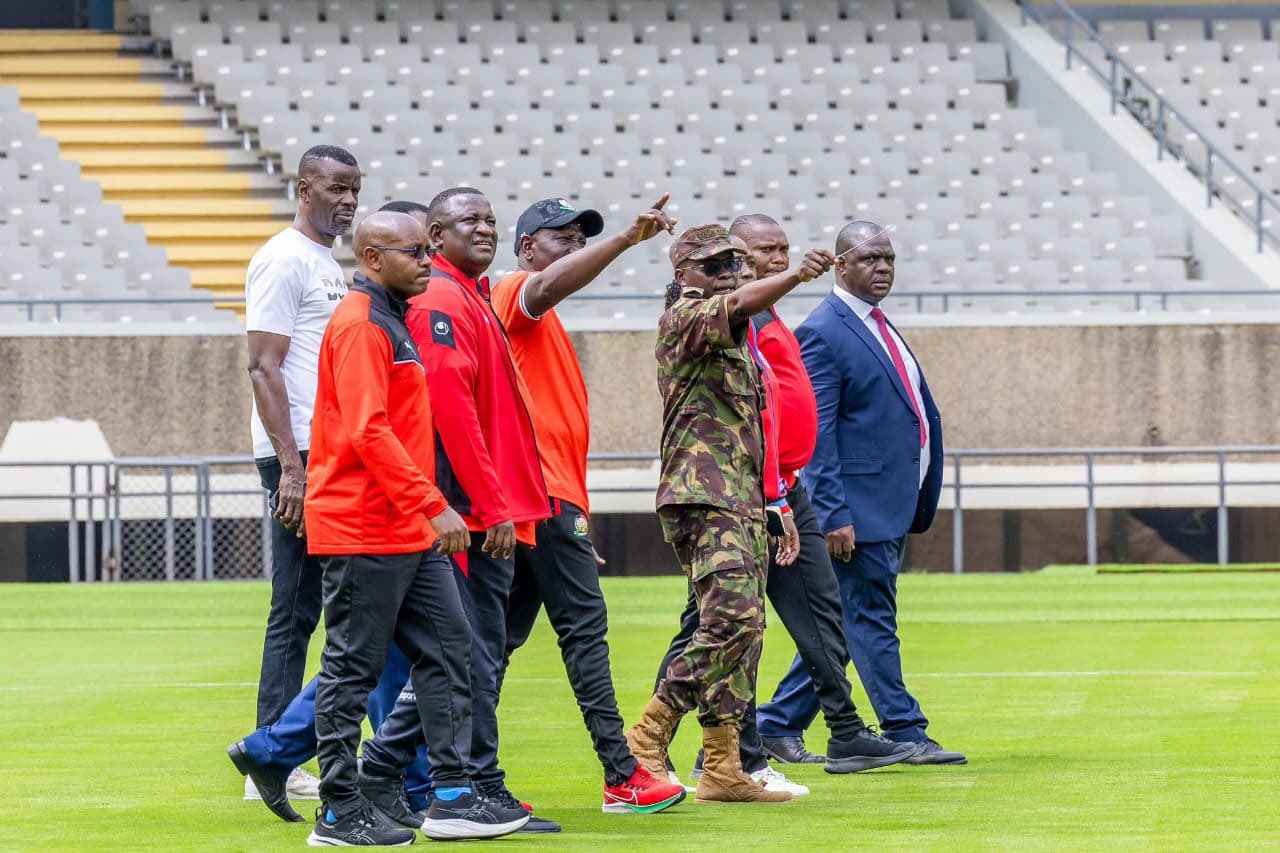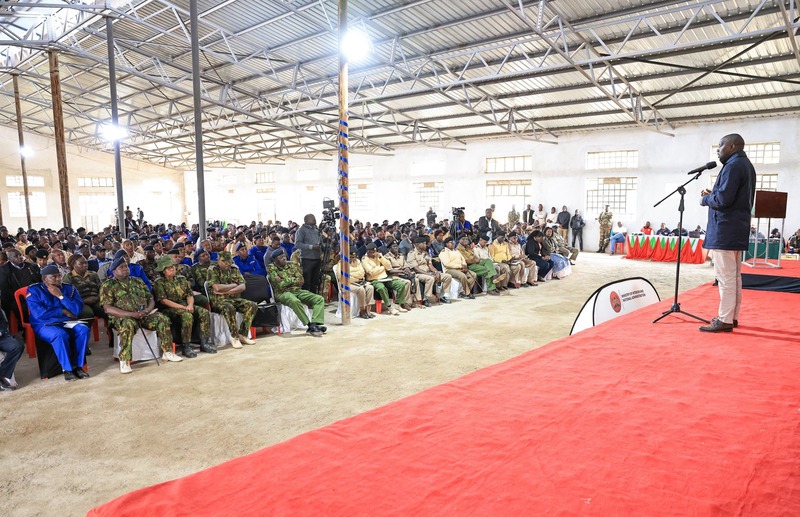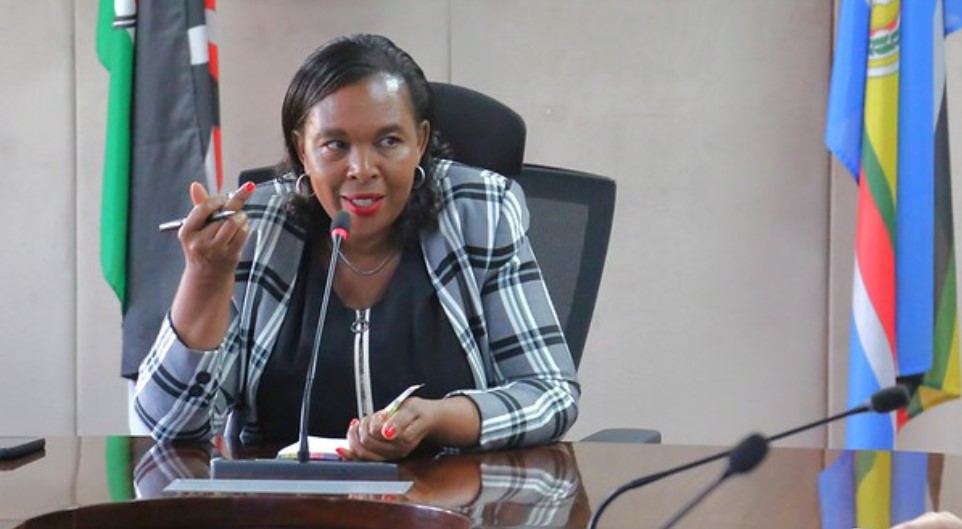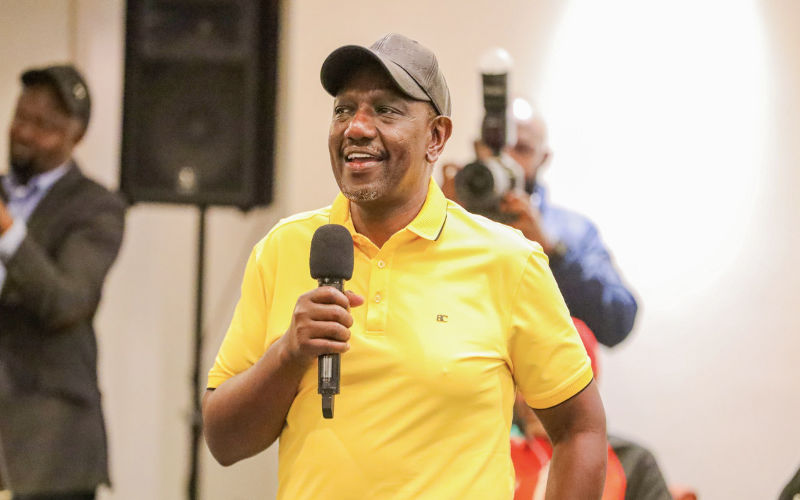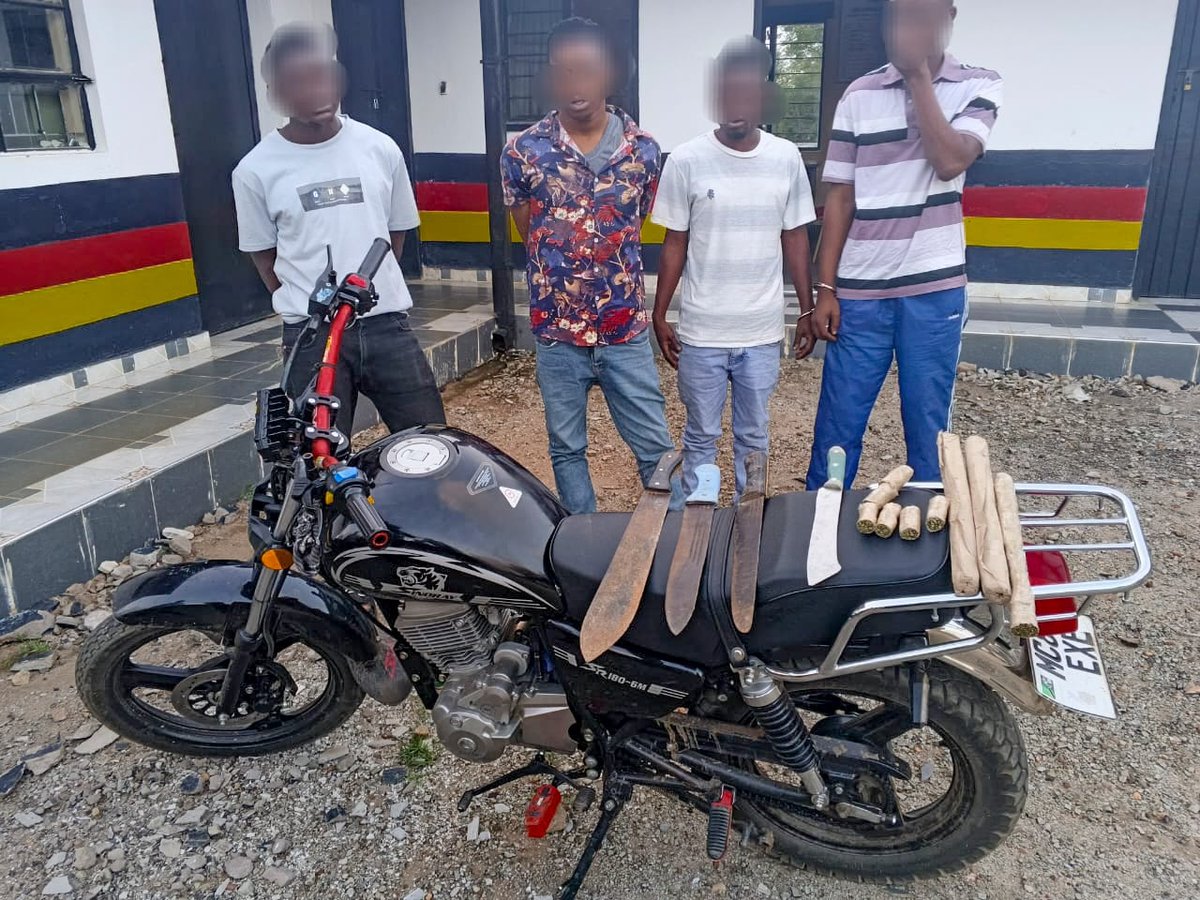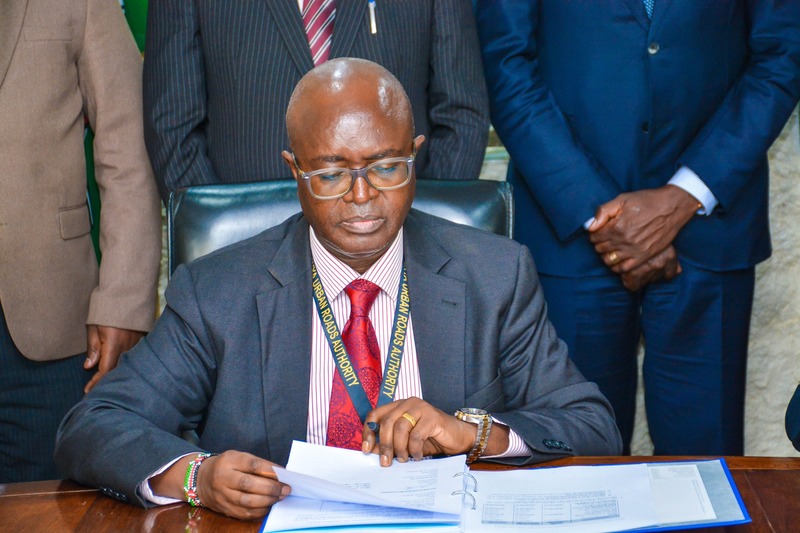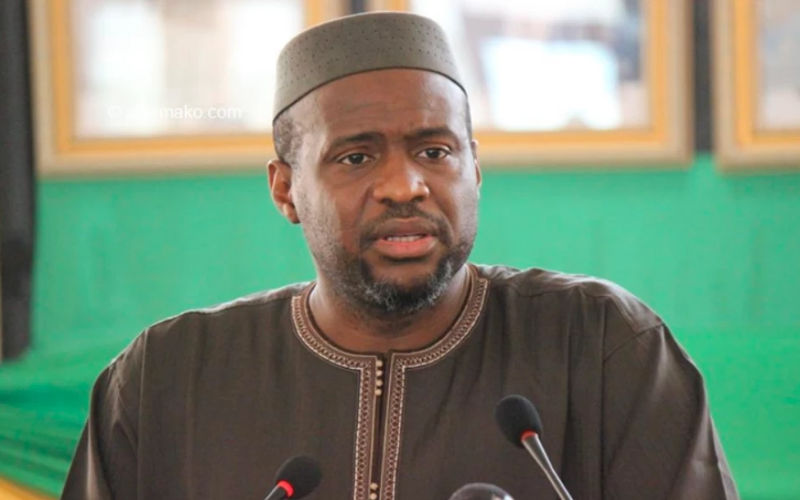How public participation against my impeachment was biased - Gachagua
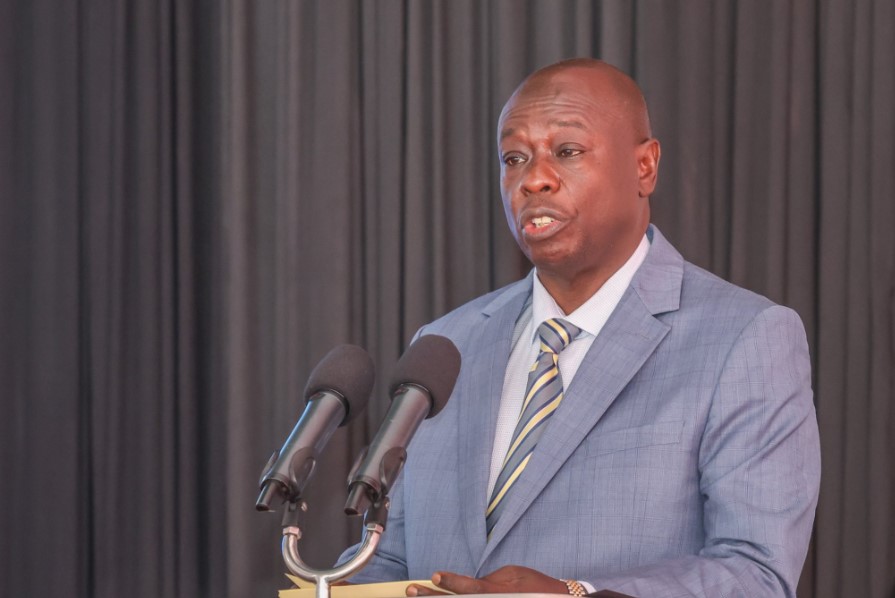
"My response was not part of what was presented to the people of Kenya," Gachagua argued.
Deputy President Rigathi Gachagua has asserted that the public participation process related to his impeachment motion was biased, claiming that parliamentarians did not give him a chance to note down his defence.
Speaking to the media on Monday at his home in Karen, Gachagua noted that while Kenyans shared public opinions on the 11 allegations against him, they did not have access to his defence.
More To Read
- Blow to Gachagua as High Court rejects second bid to recuse impeachment case judges
- Raila says national dialogue is the only way to solve Kenya’s political and economic crisis
- Gachagua to Ruto: Nobody wants to overthrow you, let's meet at the ballot
- Kingi warns Isiolo governor to rebuild trust, not celebrate, after Senate impeachment reprieve
- Senate to hear Isiolo Governor Abdi Guyo's impeachment in plenary on July 8 and 9
- Isiolo County Assembly impeaches Governor Abdi Guyo over abuse of office and misconduct
“An attempt to do public participation in a very shoddy exercise that was done. My response was not part of what was presented to the people of Kenya."
“Kenyans were asked to give their views as to whether the DP should be impeached from office and the accusations were attached but in a highly legalistic language beyond the comprehension of many Kenyans. The response of the DP was not there to enable them to make an informed decision,” he argued.
Public participation regarding the impeachment of Deputy President Rigathi Gachagua officially began across Kenya on Friday, October 4, 2024.
The forums were held across the 47 counties, allowing Kenyans to voice their opinions on the special motion introduced by Kibwezi West MP Mwengi Mutuse.
However, in various sections of the country, the forums were marred with violence, and a group of Kenyans defended Gachagua and also called for Ruto's ouster.
Gachagua's efforts to halt public participation failed after the High Court declined his application on the same. The DP had claimed that the forums were not conducted according to legislative procedures.
He also argued that the forum should be held across all 290 constituencies in the diaspora, and the 1,450 electoral wards involved in presidential elections.
In his defence, he added that the one-day public participation exercise was "grossly insufficient to facilitate any meaningful public participation".
Top Stories Today
